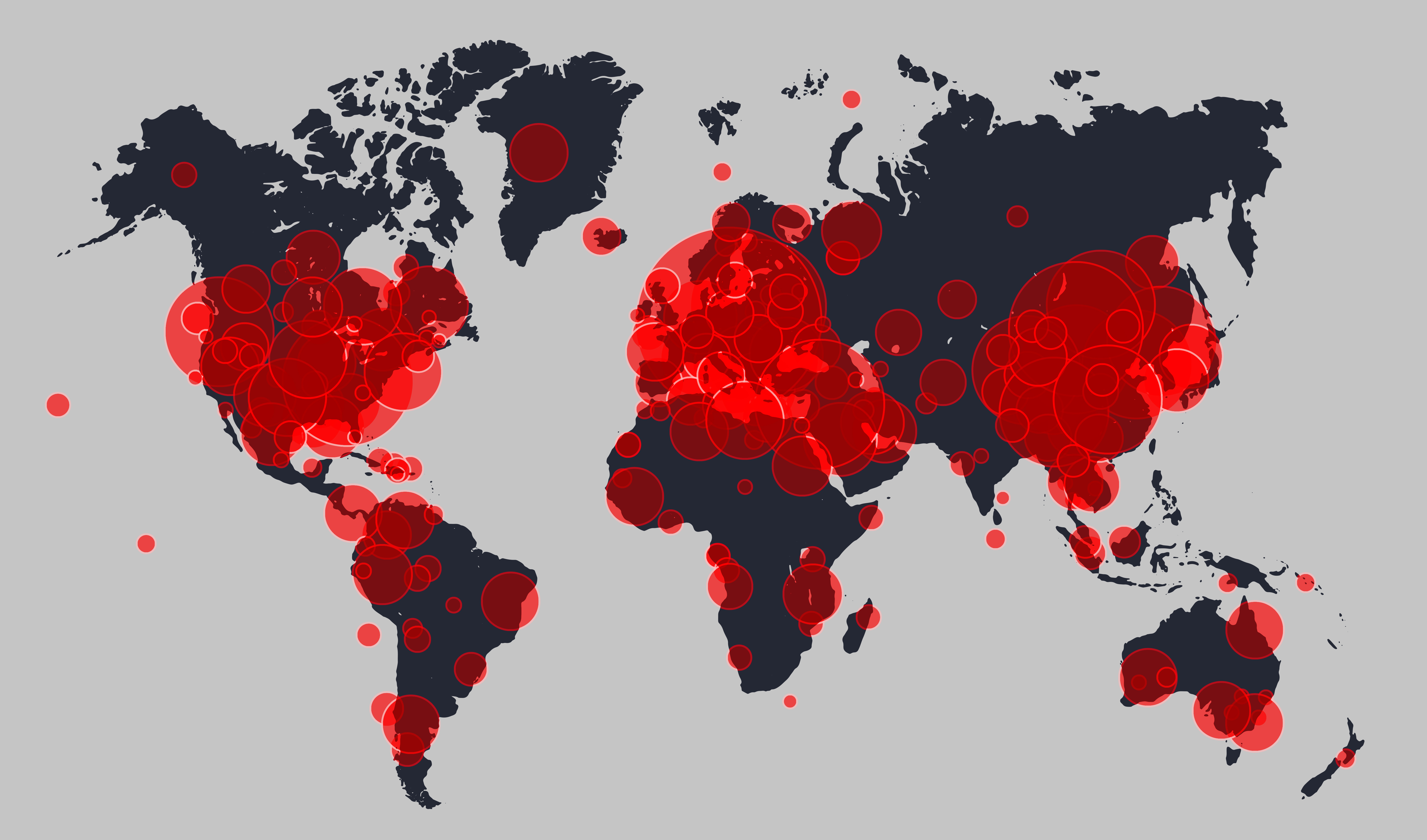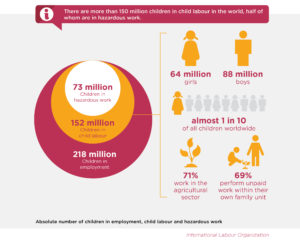Ergon Update April 2020
Posted by Stuart Bell

We hope you and your family and friends are safe and well.
Like so many organisations, Ergon’s work for the past six weeks has been dominated by responding to the Covid-19 crisis while continuing to deliver on existing work streams. We are grateful to our fantastic staff and colleagues for adjusting to new working arrangements so efficiently and quickly, and we have already seen some innovations and improvements in working practices which we would not have anticipated.
We are developing a range of new ways to deliver high quality support, given some of the challenges that we all face now and are likely to continue to face for some time. In particular, we have designed and implemented a number of virtual dialogues and trainings, whether it be workshops, stakeholder engagement or just plain old ‘meetings’ (see below).
Covid-19 advice and research
We have been working on a range of specific responses to the Covid-19 crisis, particularly for our Development Finance clients, and with a focus on protecting jobs.
For IFC, we drafted Interim Advice for IFC clients on supporting workers in the context of Covid-19. This public guidance focuses on health and safety, job protection, and responsible retrenchment if there is no other alternative. It includes suggested approaches and practical tips for employers to consider in relation to their own workforce and their contractors. Contact Steve Gibbons or Macduy Ngo for further details.
For CDC, we wrote a Guidance note on job protection for investors and financial institutions, including equity investors and lenders, which emphasises the business benefits of protecting workers and identifying options to protect their livelihoods by integrating a clear jobs dimension into business continuity planning. Practical steps that investors and lenders can take to support businesses and workers are also covered. Contact Kirsten Newitt or Alastair Usher for more details.
We are also working with FMO to integrate a jobs dimension into responses to Covid-19. We are supporting each institution and their clients with various internal and external online workshops and webinars.
Other Covid-19 related work has included a number of global surveys of government responses to the pandemic covering measures related to job protection, social protection, and worker health. Our research on more than 20 key sourcing countries, initially for Marks & Spencer, has been shared with members of FNET (Food Network on Ethical Trade). Sam Kelly is presenting a summary of this to a member webinar this week.
Other recent publications
The Centre for Sport and Human Rights has published Games Time, a guide for organisations and authorities involved in the final preparation and delivery of major sporting events to support their efforts to ensure respect for human rights standards. Matt Waller has more details.
The Responsible Business Alliance (RBA) has published a Practical Guide to Due Diligence on Recruitment Fees in International Supply Chains (members only), researched and drafted by Ergon. The guide focuses on ending recruitment fees for migrant workers and includes examples of emerging industry good practices, tools, and guidance to help companies operationalize and promote a “no-fees” recruitment policy. Contact Stuart Bell for more information.
Recent blogs
Supporting gender equity: Ergon’s portfolio – to coincide with International Women’s day, Kirsten Newitt sets out some of the key themes that have emerged from our work in this field over the past year.
2025: the end of child labour? Marcella Klinker describes some of the main approaches used to eradicate child labour and asks if they will be sufficient to meet the goal of ending child labour by 2025.
Current projects
Private equity funds and modern slavery due diligence
We are pleased to have been awarded a grant from the Moving the Market program, funded by Humanity United, Freedom Fund, and UBS Optimus Foundation. The project will develop approaches for DFI-backed private equity funds to better identify modern slavery and exert investment leverage over investee companies. We are initially partnering with CDC and are seeking additional DFI partners to join the project. Contact Macduy Ngo for more details.
Human rights risk and impact assessments
We are in the middle of a major programme of global human rights risk assessments for a number of clients, including those in the luxury goods, food retail and cosmetics sectors. These encompass both general assessments of multiple sourcing countries and also focused impact assessments on certain high risk product/country combinations. Each utilise our bespoke risk indices and in-house saliency scoring methodology. We have also contributed the Forced Labour element of the new Sedex Risk Assessment Tool, Radar, which is currently being rolled out to members. Brett Dodge has more details.
 Alliance 8.7
Alliance 8.7
For the ILO-sponsored Alliance 8.7 we are completing a series of detailed country analyses of how 19 ‘Pathfinder’ countries are demonstrating tangible positive impacts on child labour or forced labour as part of their commitment to SDG 8.7. Pathfinder countries are committed to going ‘further and faster to achieve Target 8.7’. This work is being led by Catherine Morgans.
On-line learning solutions
As face-to-face training has been curtailed, we have developed and are implementing several on-line and remote learning solutions on human rights and ESG issues. These are for international companies in diverse sectors, including engineering, oil and gas, finance, agribusiness, garments and fast food. We anticipate that this will be a growing part of our offerings in the coming months and we can see ways in which, done well, these modes of delivery can significantly increase scale and impact. Please contact us if you have any questions about our projects or would like to know more about our work.
